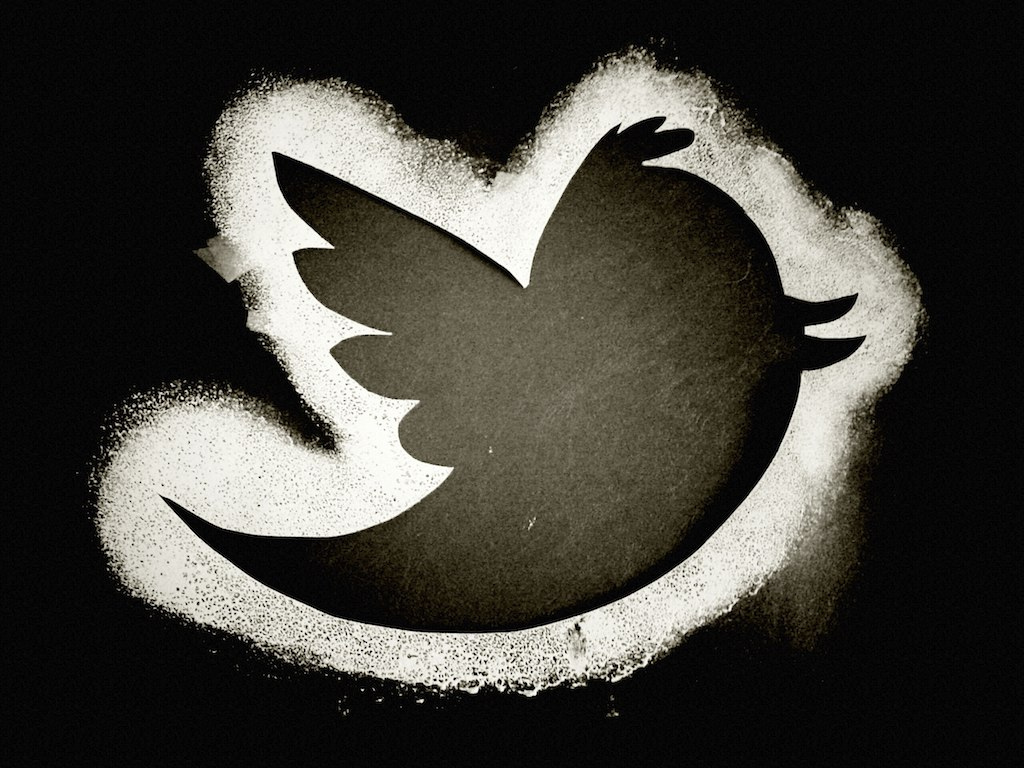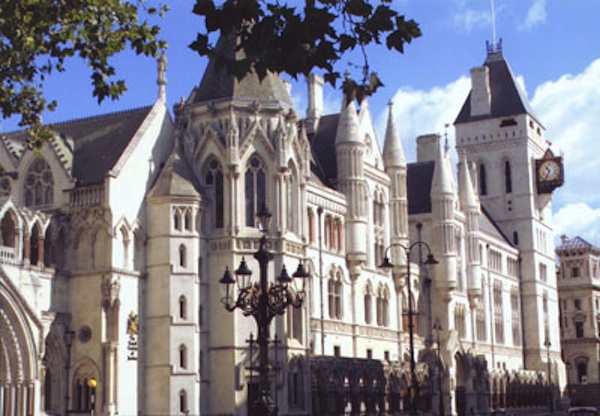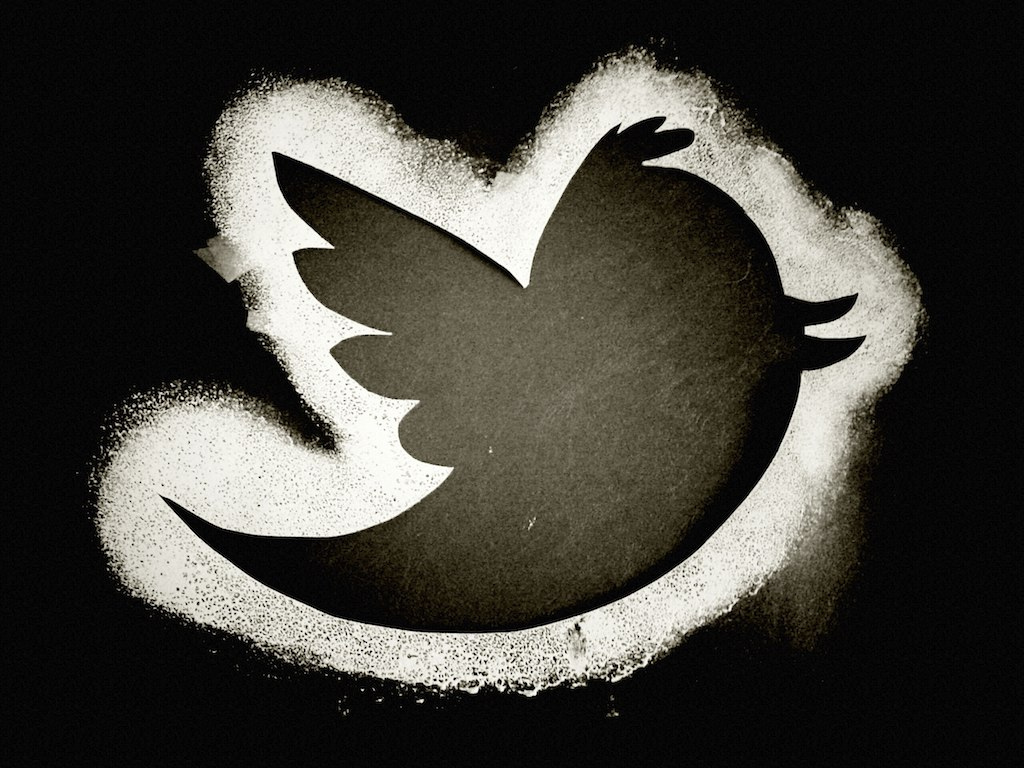ANALYSIS: A headline on the BBC’s website yesterday reads: ‘Websites to be forced to identify trolls under new measures’, writes Paul Bernal. Beneath it, the first sentence says something somewhat different: ‘Websites will soon be forced to identify people who have posted defamatory messages online.’
- You can read about the Nicola Brookes case and the groundbreaking legal fight to bring online bullies to justice on the JusticeGap HERE.
It’s interesting that the two ideas are considered equivalent. Are ‘trolls’ those who post defamatory messages online? Are those who post defamatory messages online ‘trolls’? Neither of those statements are really true – though of course the idea of a ‘troll’ is something that’s hard to define with any precision. Trolls, for me at least (and I’m a bit of an old hand in internet terms), are people who try to provoke and offend, to get people to ‘bite’ – not necessarily or even particularly regularly through the use of defamation. They use a variety of tactics, from just saying stupid and annoying things to the most direct and offensive – and intimidating – things imaginable. Defamation may indeed be one of their tools, but at best it’s a side issue.
Taking that a step further, the trigger for this suggestion appears to have been the Nicola Brookes case – which was about bullying, abuse and harassment much more than it was about defamation. Of course being called a paedophile and a drug-dealer is technically defamatory, but I don’t think defamation was what bothered Nicola Brookes. She wasn’t worrying about her reputation – she was worried about being harassed and bullied. As she put it: ‘The abuse is absolutely horrendous… They literally torture people – they invade your life… steal your identity… spread malicious things.’
It’s not about defamation
So why are the stories about defamation – and why is Ken Clarke suggesting changes to the Defamation Bill to deal with them? Are there other motives here? Is there something quite different going on? I suspect so – and I fear that this may be yet another attempt to use a hideous event to bring in powers that can and will be used for something quite different from that which the event concerns.
We already have the law to deal with trolls and bullies – which is why Nicola Brookes got her court order, and why the man who trolled Louise Mensch was convicted, and quite rightly, in my opinion. There are significant issues to deal with – not least, as Brookes and her lawyer, Rupinder Bains, stressed, the police need resources, training and support in dealing with these issues, and services like Facebook need to take their responsibilities seriously – but we don’t need new law and we need to be careful that we don’t throw the baby out with the bathwater.
Anonymity matters
Harassment and bullying need dealing with – but we have to be very careful about how we balance things here. Anonymity may sometimes be used to cloak bullies and trolls – but it is also crucial to protect whistleblowers, to protect victims of domestic abuse from being tracked down by their abusers, to enable people to express important and valid opinions without fear of oppression or retribution. This is particularly important on the internet. Some of the best blogs are anonymous – the late lamented Nightjack blog is just one example – and their anonymity can be a key to their success, and their importance. Through anonymity truth can be brought out – and without it, much would be lost.
Even the knowledge that anonymity may be broken could have a chilling effect. Would people feel free to express themselves, particularly in difficult circumstances, if they believed that by doing so they would expose themselves?
The importance of this may not appear obvious in a country like ours – but the situation can be very different in other places. In Mexico, for example, where anonymous bloggers campaign against the depredations of the drugs cartels – and where if that anonymity is lost, so are their lives: at least four have been killed so far. And what about in places like China? Or even Syria? The extremes demonstrate the point – and when situations become more extreme, even ‘liberal’ governments can reveal their authoritarian tendencies. We need to be sure that we don’t set in place the infrastructure – both legal and technical – that allows those authoritarian tendencies to be used too easily. My favourite quote on the subject, from cryptography and internet security expert Bruce Schneier, is particularly apt. As he put it, in his blog back in 2007:
‘It’s bad civic hygiene to build an infrastructure that can be used to facilitate a police state.’
Acting to give too many powers to break anonymity would be a step in this direction – in the wrong hands, it could be potentially devastating. The additional confusion between defamation and trolling should start the alarm bells ringing – we need clarity here, not confusion. We need to be clear whenever we look to bring in new laws, but particularly when those laws will restrict freedoms. The ability to be anonymous on the internet is an important freedom: we need to be very careful about how and when to restrict that freedom.






